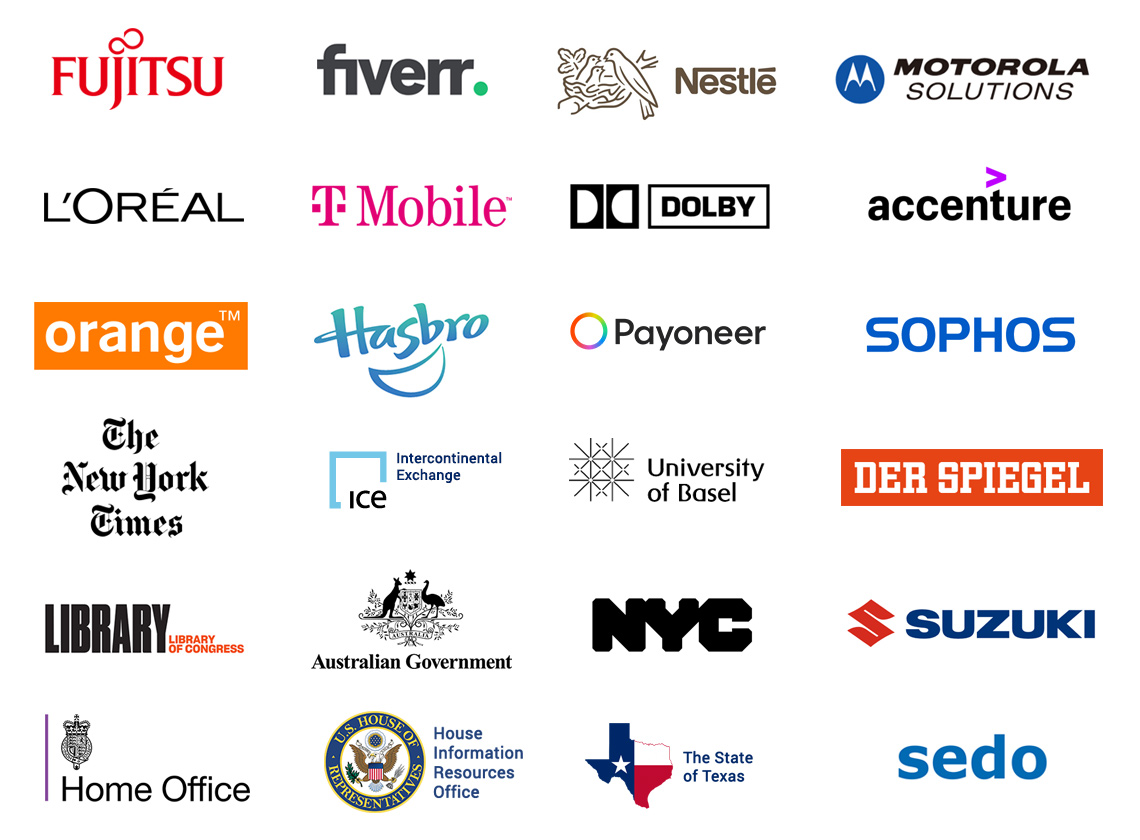TLDR: A demo speaks louder than a thousand words. You can connect to an anonymous browser created by me and my team via browserling.com/browse. We run anonymous browsers on our servers and stream just the browser window to you.
Anonymous Browser – What Is It?
An anonymous browser is a web browser designed to maintain user's privacy by minimizing the amount of personal data transmitted over the Internet and often by obscuring the user's IP address. It typically employs techniques like routing traffic through a network of relay servers, using virtual private networks (VPNs), and running browsers on cloud servers. Anonymous browsers are often used for secure communication, protecting user anonymity, and circumventing tracking or censorship efforts.
Can People See My IP When Using an Anonymous Browser?
No, people cannot see your IP address when you use an anonymous browser. Anonymous browsers like hide your Internet activity by routing it through one or more relay servers, which effectively mask your original IP address. This process, combined with encryption, ensures that your online identity and location remain concealed from third parties.
Can JavaScript Detect My IP in an Anonymous Browser?
No, your real IP address cannot be detected via JavaScript when using an anonymous browser. These browsers are designed to route your Internet traffic through multiple layers of encryption and relay servers, effectively masking your original IP address. This architecture ensures that any website you visit, along with any scripts or tracking technologies they use, cannot obtain your true IP address.
What are an Anonymous Browser Use Cases?
Anonymous browsers serve a wide array of purposes, including protecting user privacy from tracking and targeted advertising, enabling secure communication for sensitive topics, circumventing censorship, and facilitating unbiased research data collection. They are also crucial for secure online transactions, accessing sensitive information, web development testing, and avoiding monitoring in workplaces or educational institutions. Anonymous browsers thus play a key role in enhancing online security, privacy, and freedom across various contexts and user needs. Here are their top 7 use cases.
Accessing Sensitive Information
Anonymous browsers can be used for accessing sensitive information, such as health or legal records, ensuring that the user's inquiries and visits to these sites remain private.
Avoiding Workplace or Institutional Tracking
Anonymous browsers enable employees or students to browse the Internet without their employer or educational institution monitoring their online activities, thereby maintaining personal privacy within these networks.
Privacy Protection
Anonymous browsers are used to protect user privacy by preventing websites and ISPs from tracking and logging browsing history, search activities, and personal data.
Censorship Circumvention
In regions with Internet censorship, anonymous browsers enable access to blocked content and services by bypassing government filters and firewalls.
Unbiased Research
Researchers utilize these browsers to collect data without algorithmic bias or influence, ensuring their earlier activity doesn't affect the results (for example, ad tracking).
Web Testing and Development
Web developers and testers use anonymous browsers to simulate user experiences from different geographic locations or to check how websites behave for users with various privacy settings.
Cyberthreat Protection
Anonymous browsers are used for vulnerability assessments, allowing experts to discreetly simulate the actions of potential attackers. These browsers also enable safe monitoring of dark web activities, crucial for tracking cyber threats and following forums. They facilitate secure incident response and investigations, allowing for discreet information gathering and analysis without tipping off adversaries.
What is Browserling?
Browserling is a live, interactive cross-browser testing service, particularly valuable for those requiring anonymous browsers for development and testing purposes. It enables users to test websites and web applications in various browser environments while maintaining anonymity, offering a secure and isolated testing platform that prevents exposure of the user's personal browser or IP information. This capability is essential for developers and cybersecurity professionals who prioritize privacy and security in their workflows.
Who uses Browserling?
Browserling has now become the anonymous browser platform of choice and it's used by hundreds of thousands of users around the world every month. Browserling's customers include governments, states, cities, banks, stock exchanges, universities, newspapers, Fortune 100, Fortune 500 companies, and private multi-billion dollar companies.

Happy browsing!
